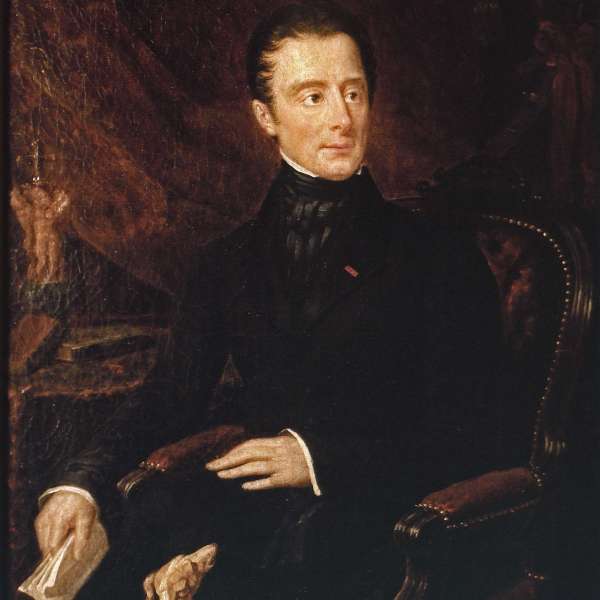14
ALPHONSE DE LAMARTINE
FRANCE
Huile sur toile de Elisa de Lamartine (1790-1863)
Paris, musée Carnavalet
© Paris Musées
1790 – 1869
Poète, romancier, dramaturge et homme politique français
RESSOURCES :
-
Sur l’abolition de la peine de mort
-
Fury
-
Alphonse de Lamartine (1790-1869), la politique lyrique
-
Quiz « Lamartine »
-
Les arguments – Guide LACR
« L’abolition systématique de la peine de mort dans nos lois serait une intimidation et un exemple plus puissant contre le crime que des gouttes de sang répandues de temps en temps, si stérilement, vous en convenez vous-même, devant le peuple, comme pour lui en conserver le goût. »
Alphonse de Lamartine
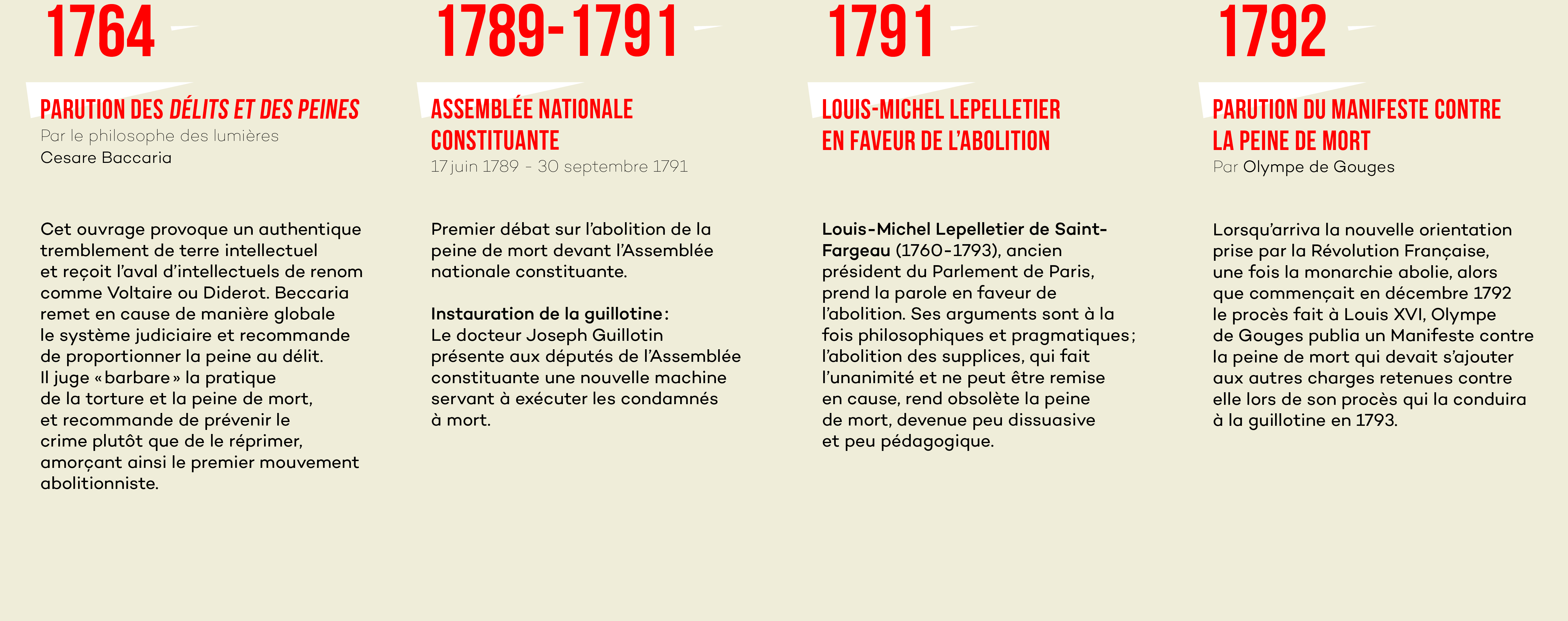
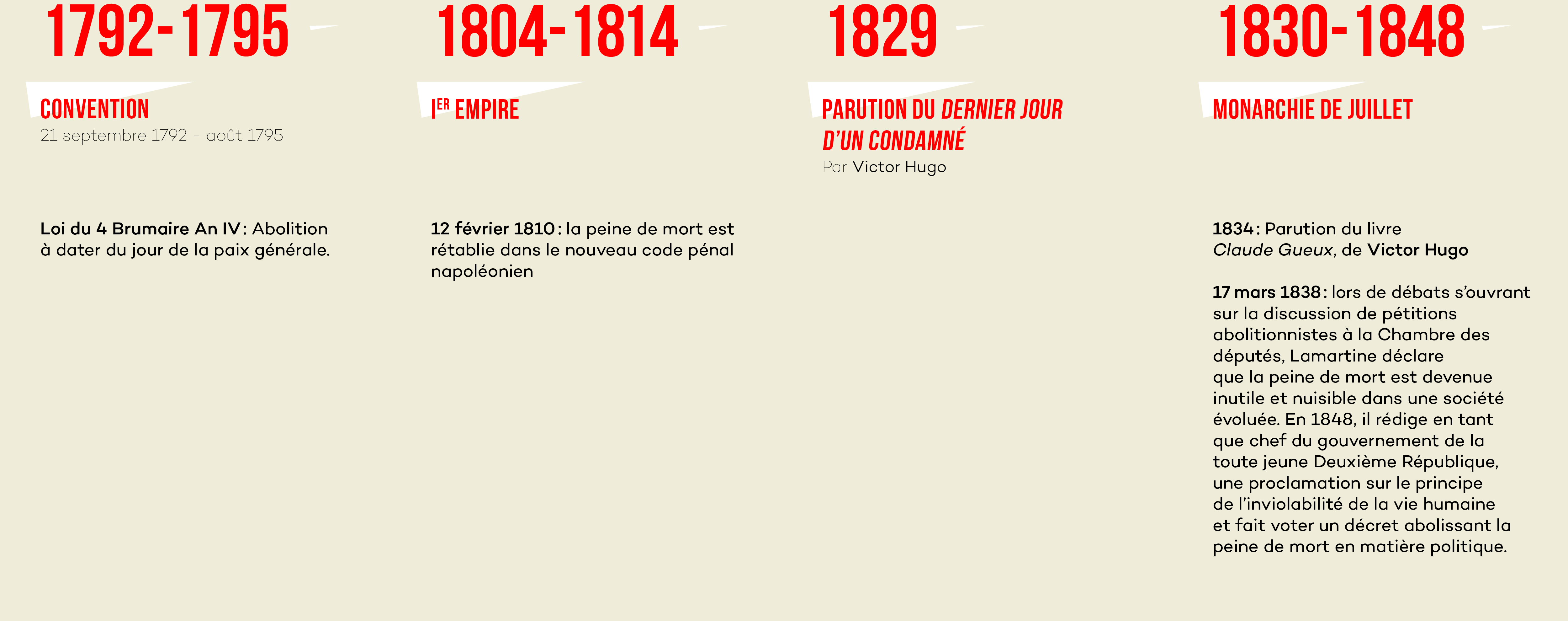

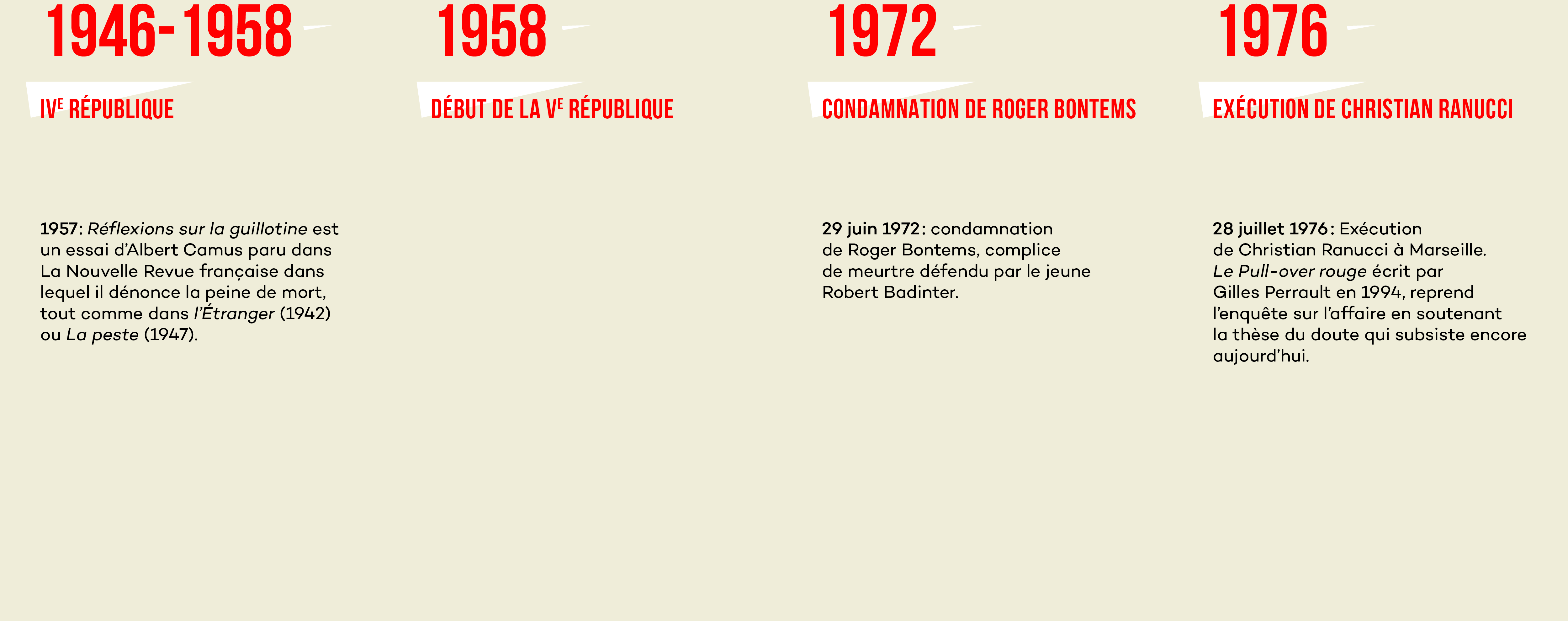
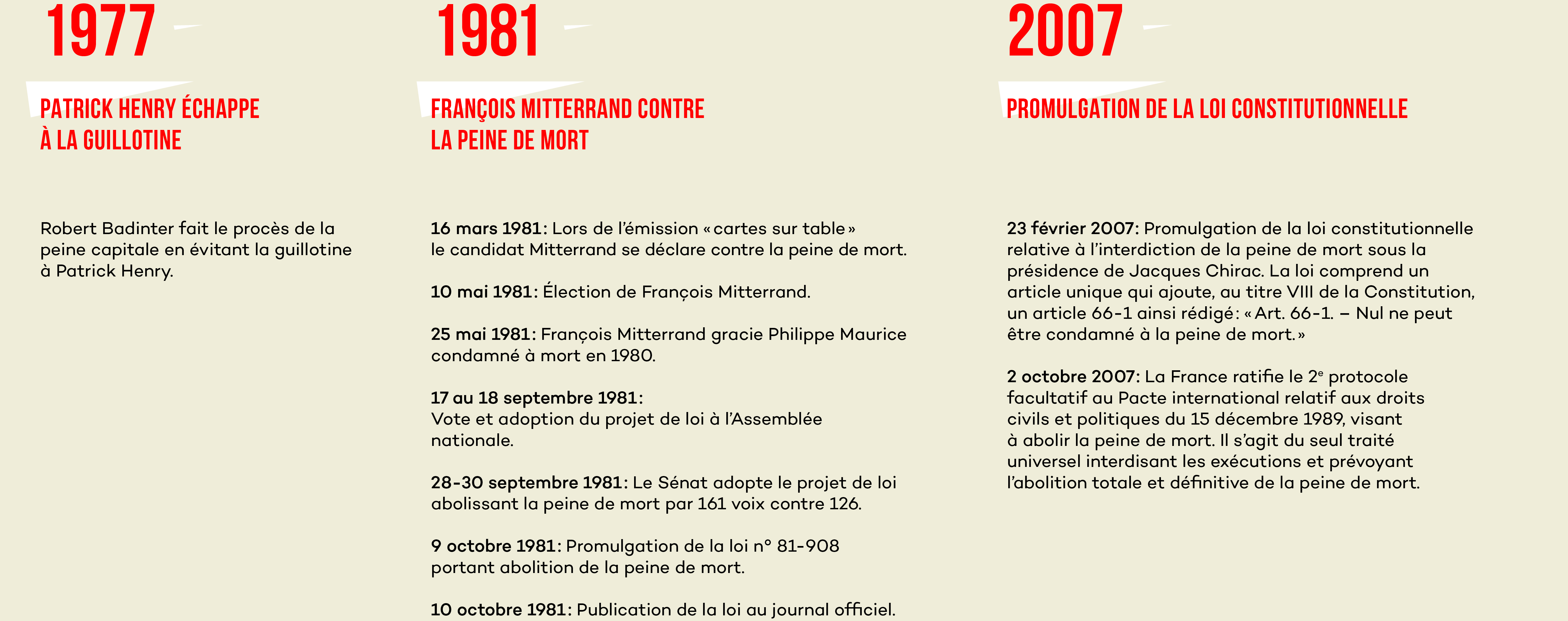
Précédent
Suivant
En 1830, le poète entre en politique. Ralliant la Monarchie de Juillet, il soutient la loi du 28 avril 1832 qui modifie le code pénal sous l’impulsion de Louis-Philippe. Le roi est peu adepte du châtiment suprême, et les circonstances atténuantes sont généralisées sous son égide. Elles permettent la baisse mécanique des condamnations à mort. Lamartine s’engage et publie deux discours abolitionnistes dans le Journal de la morale chrétienne. Puis, le 17 mars 1838, lors de débats s’ouvrant sur la discussion de pétitions abolitionnistes à la Chambre des députés, il déclare que la peine de mort est devenue inutile et nuisible dans une société évoluée.
« L’abolition systématique de la peine de mort dans nos lois serait une intimidation et un exemple plus puissant contre le crime que des gouttes de sang répandues de temps en temps, si stérilement, vous en convenez vous-même, devant le peuple, comme pour lui en conserver le goût. Mais il y a une sanction nouvelle, une sanction morale ; une sanction non charnelle, non mortelle, non sanglante, aussi puissante, mille fois plus puissante que la vôtre, sanction que la société substitue graduellement à l’autre à mesure que la société se spiritualise et se moralise elle-même davantage. Celle-là consiste dans l’impuissance où l’on met le criminel de récidiver, dans la correction qu’on lui inflige, dans la solitude qui le force à réfléchir, dans le travail qui dompte les passions, dans l’instruction qui éclaire, dans la religion qui change le cœur, enfin dans l’ensemble de ces mesures défensives et correctives qui préservent la société et améliorent le criminel : entre ces deux systèmes, il y a tout l’espace parcouru des bûchers et des tortures, au système pénitentiaire. Eh bien ! nous disons, nous, que vous en êtes arrivés à ce point de spiritualisation et de moralisation sociale que vous devez faire le dernier pas et supprimer la peine de mort que vous n’appliquez déjà presque plus. Du moment où vous reconnaissez le principe de régénération morale de l’homme, et vous allez le mettre en fait dans l’organisation du système pénitentiaire, la peine de mort devient une inconséquence et une impiété. »
C’est sans résultat immédiat, mais il continue son combat et publie différents articles soutenant l’abolition absolue de la peine de mort, notamment dans la Gazette des tribunaux. Ses efforts aboutissent à un examen parlementaire en 1848. Il rédige en tant que chef du gouvernement de la toute jeune Deuxième République, une proclamation sur le principe de l’inviolabilité de la vie humaine et fait voter un décret abolissant la peine de mort en matière politique.
La peine capitale se trouve dès lors abolie dans les cas suivants, remplacée par la déportation à vie dans une enceinte fortifiée :
1 – fait pour un Français de porter les armes contre la France (article 75 du code pénal),
2 – machinations ou intelligences entretenues avec les puissances étrangères, pour les pousser à des hostilités ou leur en procurer les moyens (article 76), manœuvres en vue de leur faciliter l’entrée sur le territoire, de leur livrer des places, arsenaux, etc. (articles 77, 78 et 79), et même actes contre les alliés de la France agissant contre un ennemi commun (article 79),
3 – crime de trahison (articles 80 et 81),
4 – recel d’espions ou soldats ennemis connus pour tels (article 83),
5 – attentat contre la forme du gouvernement, en vue d’exciter à la guerre civile, fait de lever des troupes sans droit, de prendre ou de garder illégalement un commandement militaire, envahissement de propriétés par des bandes armées (articles 87, 91, 92, 93, 96, 97 et loi du 24 mai 1834 article 5),
6 – complot attentatoire à la sûreté intérieure de l’État par coalition de fonctionnaires (article 125).
Trois députés, Coquerel, Rabuan et Buvignier, déposent un amendement visant à supprimer les mots « en matière politique ». Le Gouvernement provisoire de la Seconde République ouvre un débat le 15 septembre de la même année sur la question de l’abolition totale. Mais il est trop tôt, les députés ne suivent pas.
Nous devons toutefois à Lamartine d’avoir écorné légalement le principe de la peine de mort, en France.
Marie Bardiaux-Vaïente
- livre

Sur l’abolition de la peine de mort
Auteur : Alphonse de Lamartine
Date de parution : 2015
Éditeur : d’Ores et déjà
Nombre de pages : 66
Discours prononcé le 17 mars 1838 devant l’Assemblée nationale, suivi du discours du 18 avril 1836 prononcé à l’Hôtel de Ville de Paris
- film

Fury
Réalisé par Fritz Lang
Genre : Drame, Thriller
Durée : 1h28
Sortie : 29 mai 1936
Joe Wilson est injustement accusé de l’enlèvement d’une jeune femme. La foule, excitée par plusieurs meneurs, prend d’assaut la prison où il est enfermé.
« Sous l’autopsie des bêtises humaines se consument les innocentes vérités : les cœurs noircissent sur le bûcher d’une vindicte populaire… »
- podcast
Alphonse de Lamartine (1790-1869), la politique lyrique
- activité
- quiz


